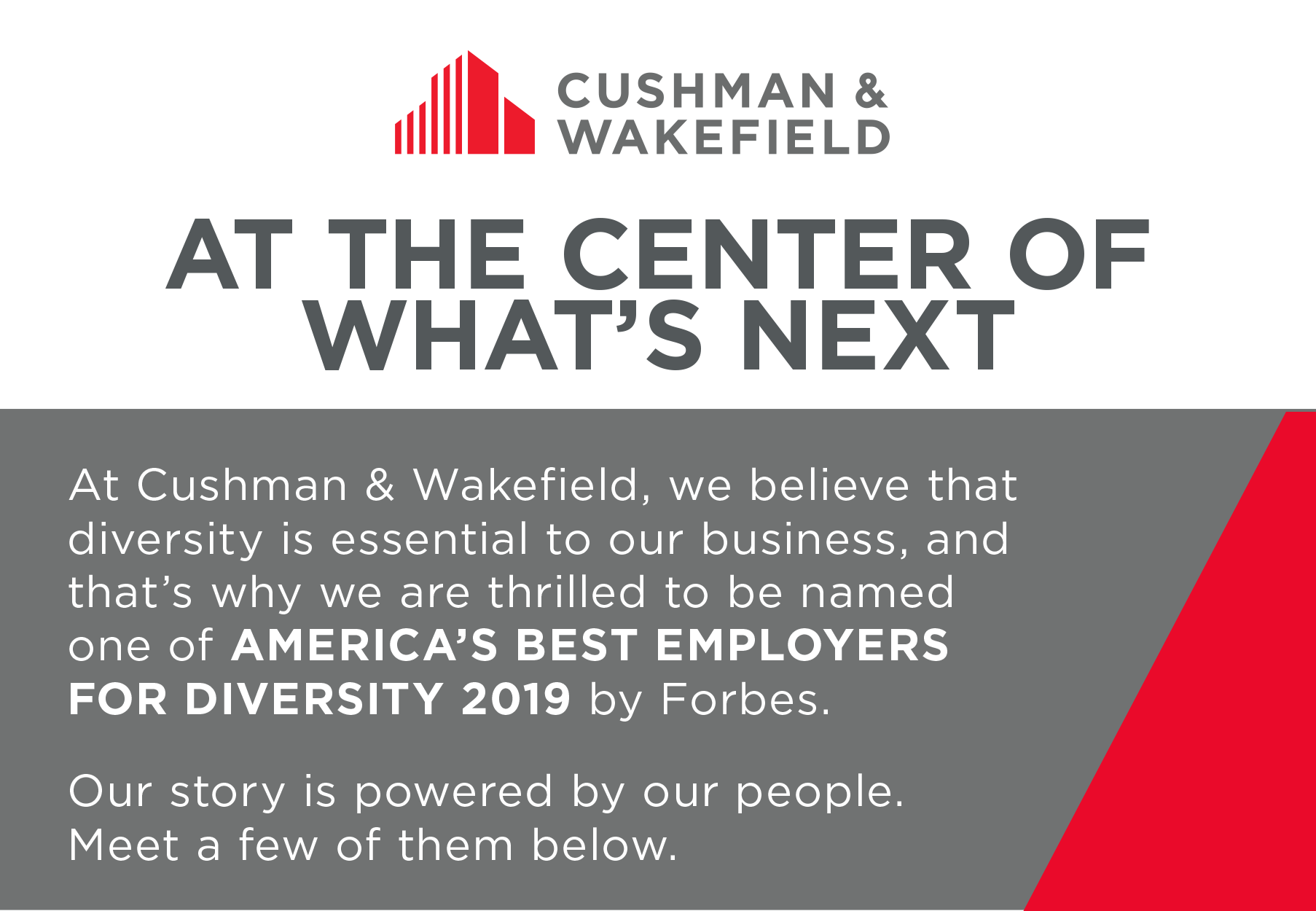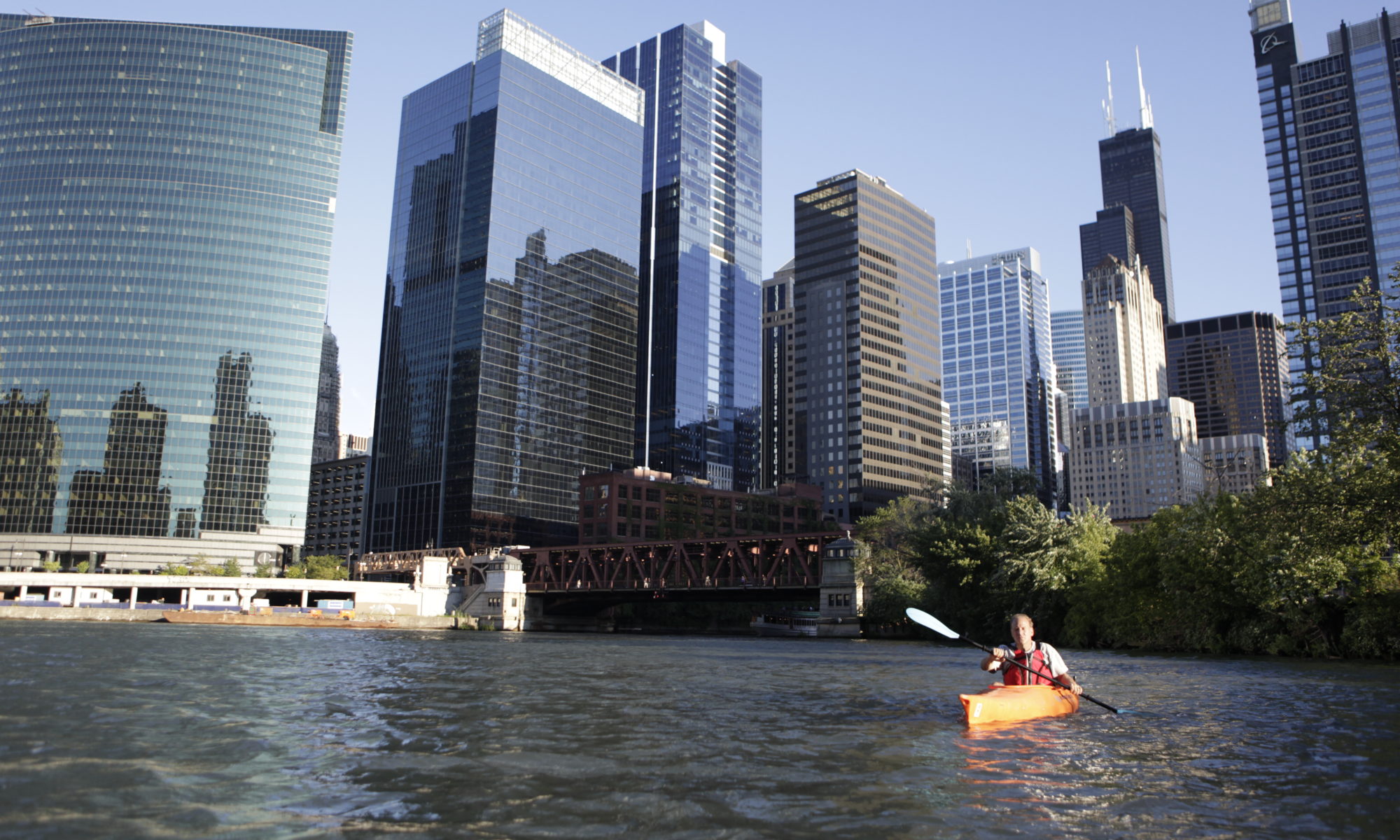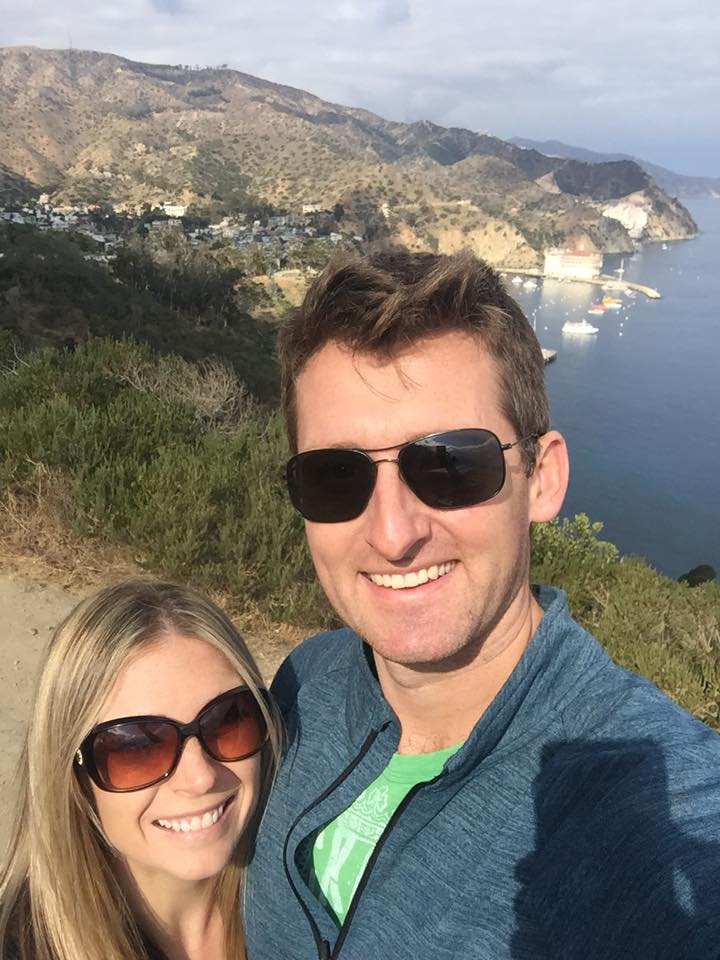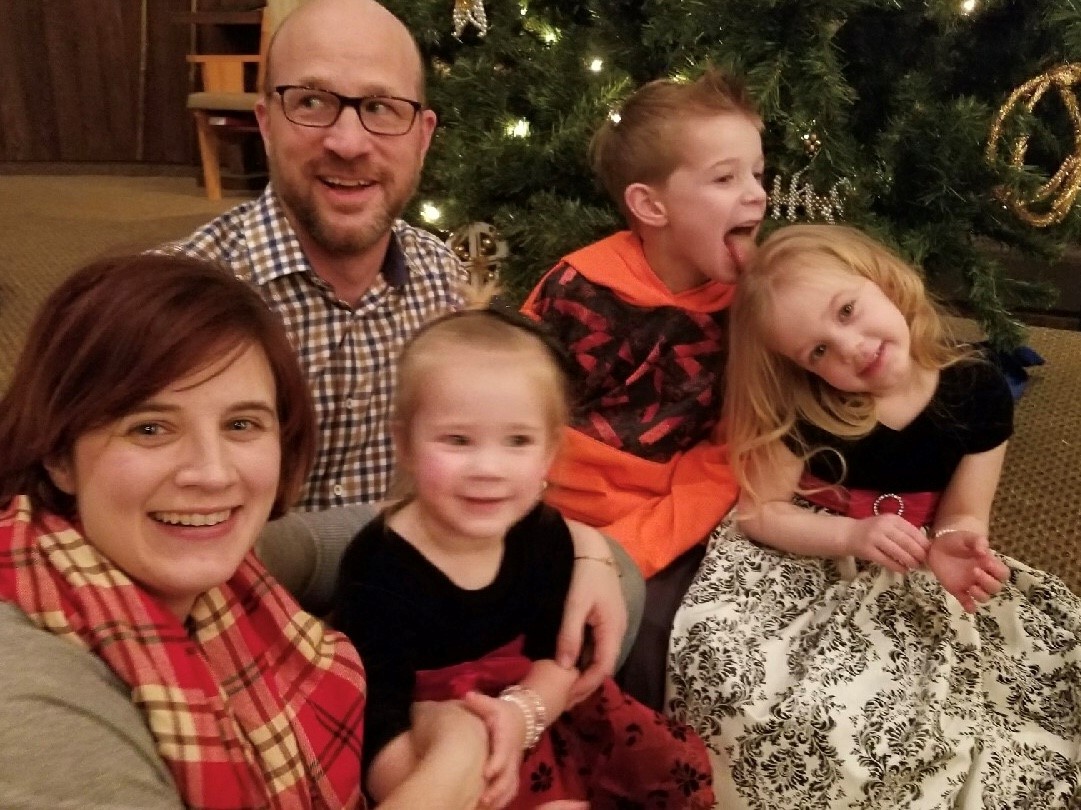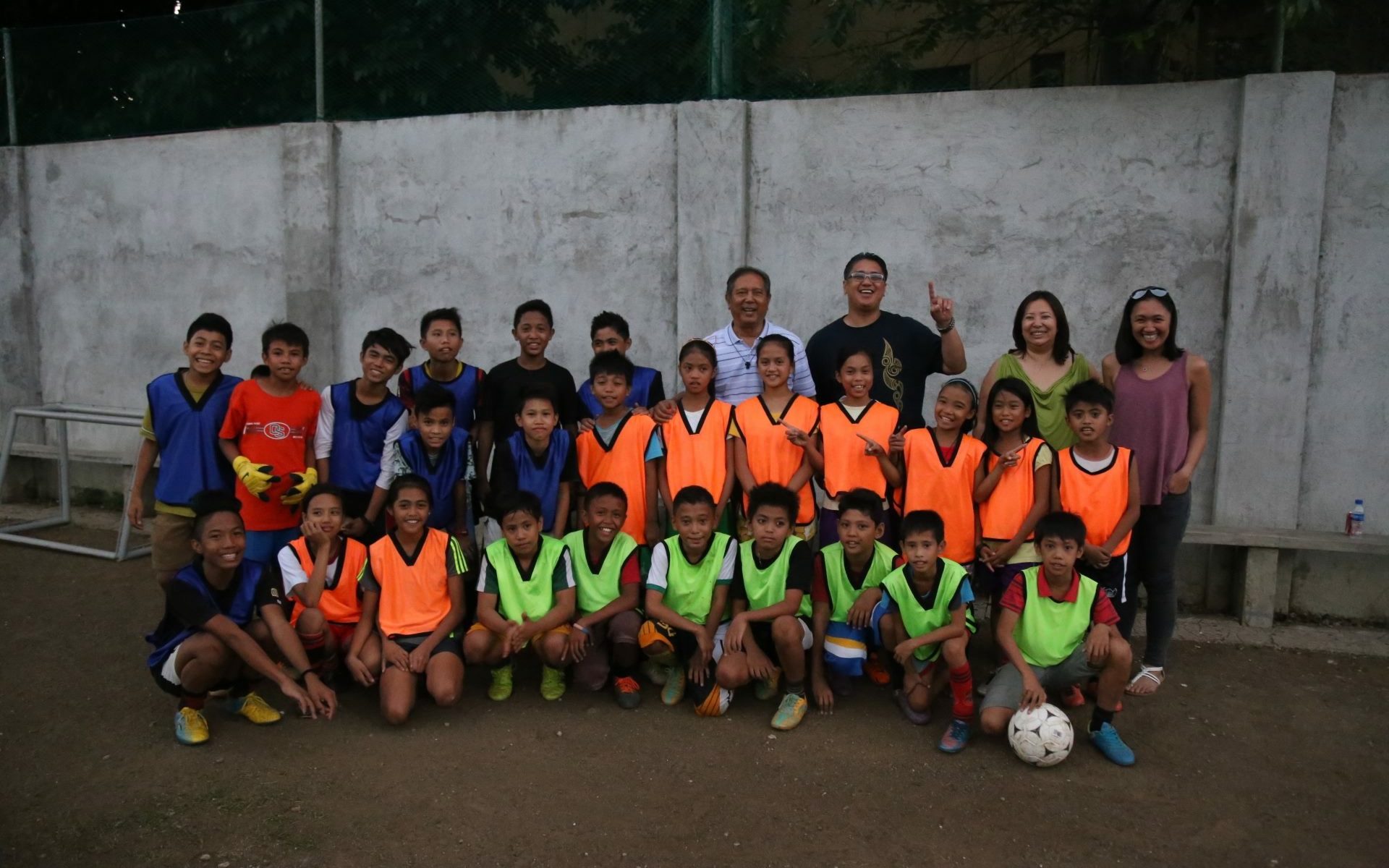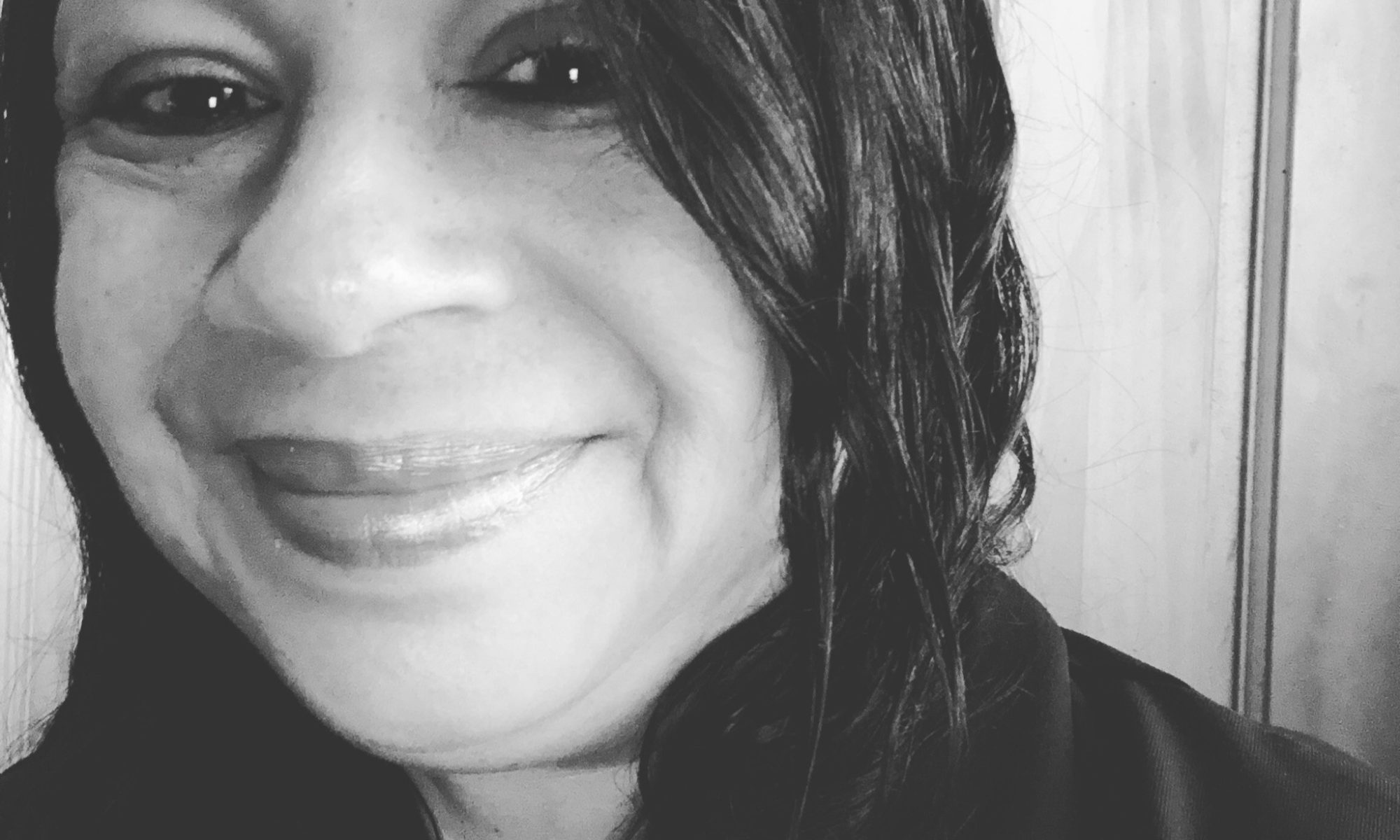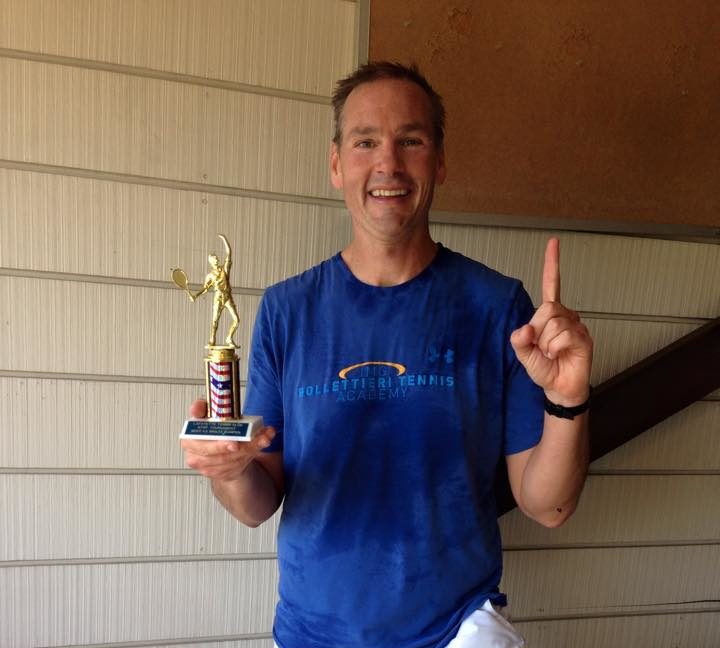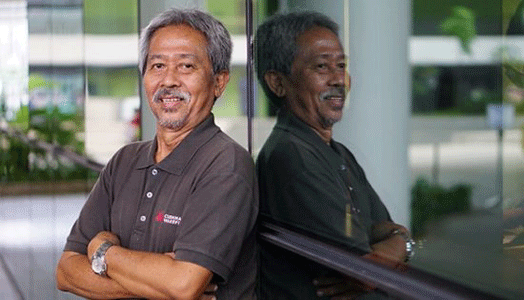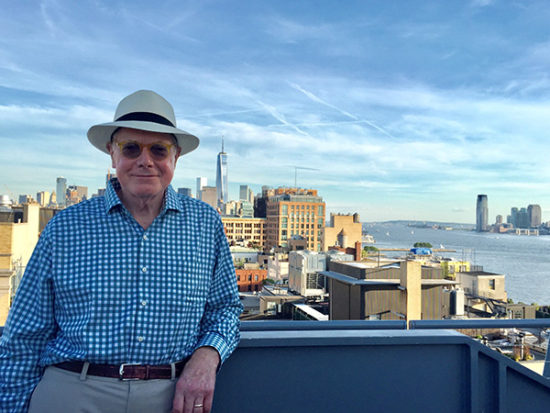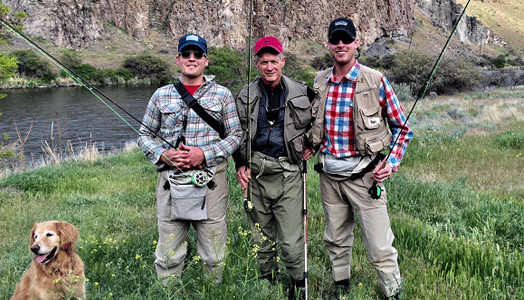| Tom Usher got his early start in the business with Gilley Co., which was acquired by Cushman & Wakefield in 1979. That’s when Tom officially joined the firm famously founded by his grandfather, J. Clydesdale Cushman, and great uncle, Bernard Wakefield—and he’s never looked back.
Our firm’s 100th anniversary has special meaning to Tom. As he puts it: “Cushman & Wakefield’s Centennial means a great deal to me, and I am of course extremely proud to be a member of a company that so many of my relatives built or have been part of and helped make so successful.”
Tom has been an active participant in that success story. From 1980 to 2000, he played a leadership role in the growth of Cushman & Wakefield in the Pacific Northwest, acting as Managing Director for our Oregon operations. Over the last 17 years, he has parlayed his skills into strategic planning and problem solving for clients with complex real estate needs, working in collaboration with his “very talented and successful brokerage team”, which includes Mark Carnese, Doug Deurwaarder, and Matt Johnson. Tom also operates in an advisory role for both expanding and emerging companies.
Tom takes pride in being the kind of person who “genuinely enjoys working as a mentor to young people in the firm”—an attitude shaped by the guidance and sound advice he himself received from others as he moved up the ladder.
Explains Tom: “I’ve stood on the shoulders of some really great teachers at Cushman & Wakefield, and will always feel a debt of gratitude to those who were such great mentors to me within the real estate industry and my life. Those who deserve special credit include my cousins John and Lou Cushman, my brother Kirk Usher, who retired from Cushman & Wakefield after a stellar career of over 35 years, and Ted Bruno, a former colleague who passed away several years ago, at the age of 90. Reaching back to the beginning of my career, I also want to recognize Steve Gilley who took a chance on me in 1975, and hired me at the Gilley Company, which was acquired by Cushman & Wakefield in 1979.”
Below, Tom discusses his experiences and views on Cushman & Wakefield and the commercial real estate industry: |

